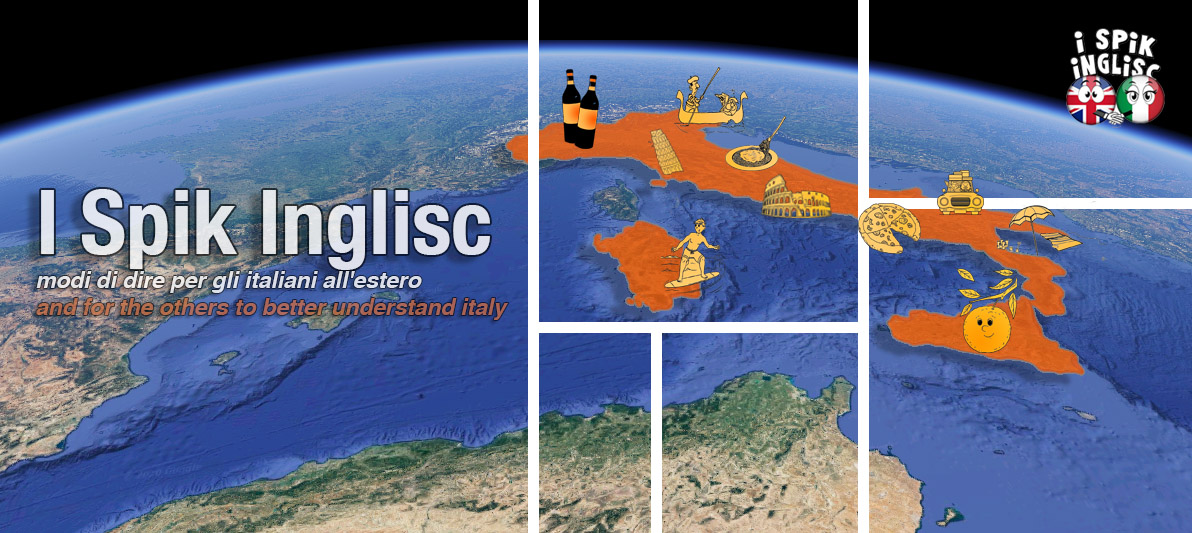Non c’ho manco l’occhi pe’ piagne.
I’m really poor. As about money and about spiritual or human condition.

Non c’ho manco l’occhi pe’ piagne.
I’m really poor. As about money and about spiritual or human condition.
So cazzi amari
Bad situation. Very bad.
In a more delicate version we find “Birds for diabetics”.
L’anima de li mortacci tua
Offense that vehemently attacks deceased relatives.
La società dei magnaccioni
We love to eat and drink and we don’t like to work at all.
We like the chickens, the lamb and the chickens because they are without thorns, they are not like the cod fish.
(extracted from the popular song “La società dei magnaccioni”)
Non sputare sul piatto dove mangi
You should generally do this for a a matter of hygiene. Now, however, this is a metaphor meaning that it would be better to avoid criticizing situations or people who give us an advantage, even economically.
Chi c’ha il pane non ha i denti
A bit bitter observation, divine providence sometimes plays ugly jokes, give tools to those who can not use that, and vice versa …
Campa cavallo che l’erba cresce
Behind this statement lies a rather negative point of view upon life, because the grass grows slow and the horse may starve now or soon.
“Wait and hope” with the conviction that we could wait in vain. Sooo sad…
Vattelaapesca!
An educated way to show doubt, not knowledge (who knows where, who knows who), or in other contexts, bad confidence in another person, if not even “and who knows what else”.
L’abito non fa il monaco
It is well known that we shouldn’t judge a person from how it appears. Then, if you think about who dress in monk carnival costumes, everything will be more clear about this concept.
Nun c’ho ‘na lira
I am so poor. Even related to the old currency (italian liras)
Se non è zuppa è pan bagnato
If it is not something we miss a little. It is usually said to comment on two occurrences or even two objects that, although called differently, are, in the end, the same thing…
This site, currently under construction, aims to help Italians with English by offering literary translations of our more or less common ways of saying, and at the same time introducing the rest of the world into the meanders of our spoken culture, to discover our magnificent country full of history, tradition and chatter ….